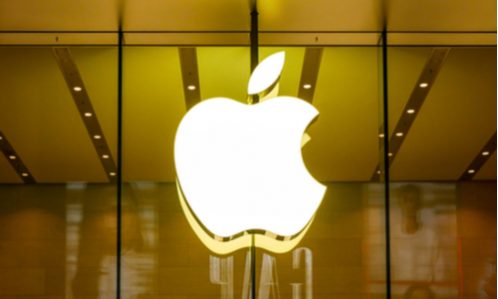Apple must change the connector on iPhones sold in Europe by 2024 after EU countries and lawmakers agreed on Tuesday to a single charging port for mobile phones, tablets and cameras in an unprecedented decision that will have wide-reaching consequences for the world’s tech industry.
The political intervention, which the European Commission said would make life easier for consumers and save them money, came after companies failed to reach a common solution.
Brussels has been pushing for a single mobile charging port for more than a decade, prompted by complaints from iPhone and Android users about having to switch to different chargers for their devices.
iPhones are charged from a Lightning cable, while Android-based devices use USB-C connectors. USB-C, part of the ubiquitous and openly sourced USB family of connector formats, is more widely used than Apple’s proprietary Lightning design.
The company, which did not immediately respond to a request for comment, had earlier warned that the proposal would hurt innovation and create a mountain of electronics waste. Despite that, its shares were up 0.9% in morning trade in New York.
The move could become a sales driver for Apple in 2024, analysts said, encouraging more Europeans to buy the latest gadgets instead of ones lacking USB-C ports.
Want more news? Subscribe to CPI’s free daily newsletter for more headlines and updates on antitrust developments around the world.

